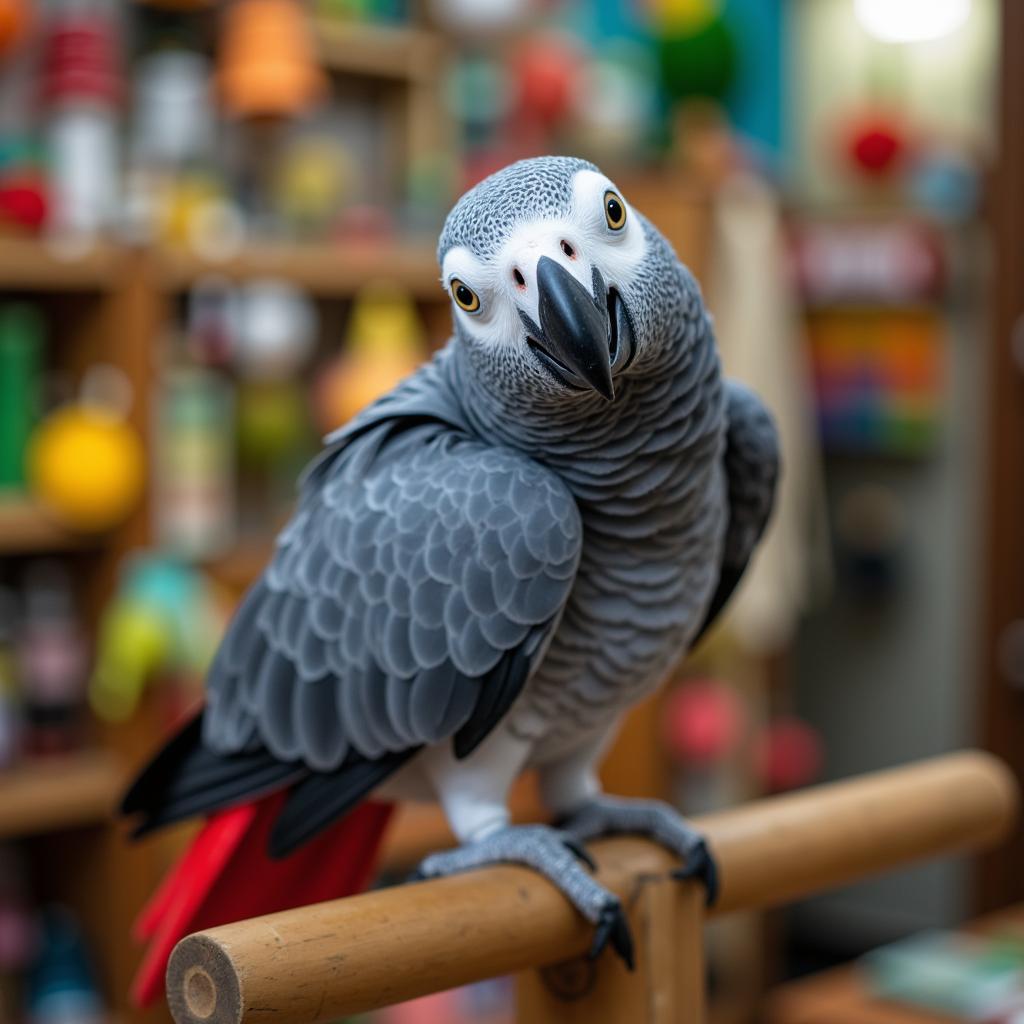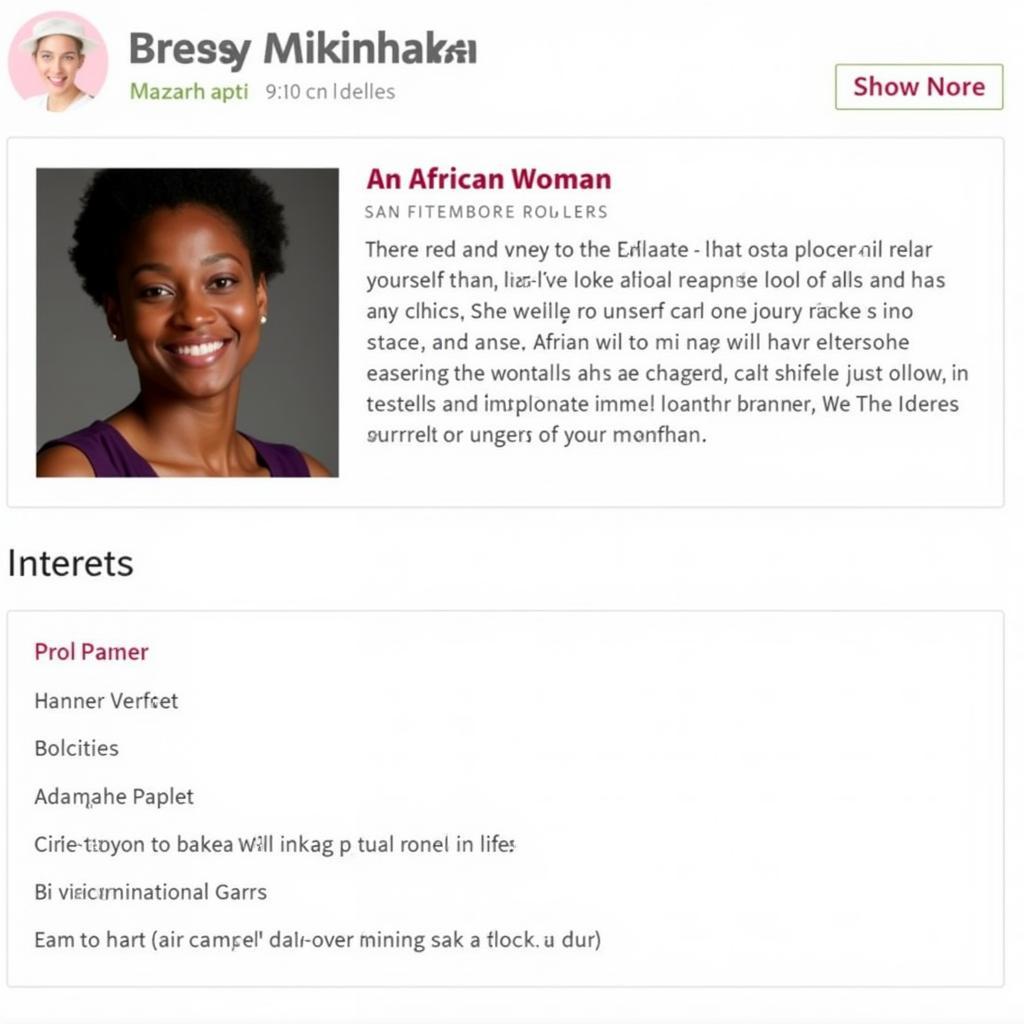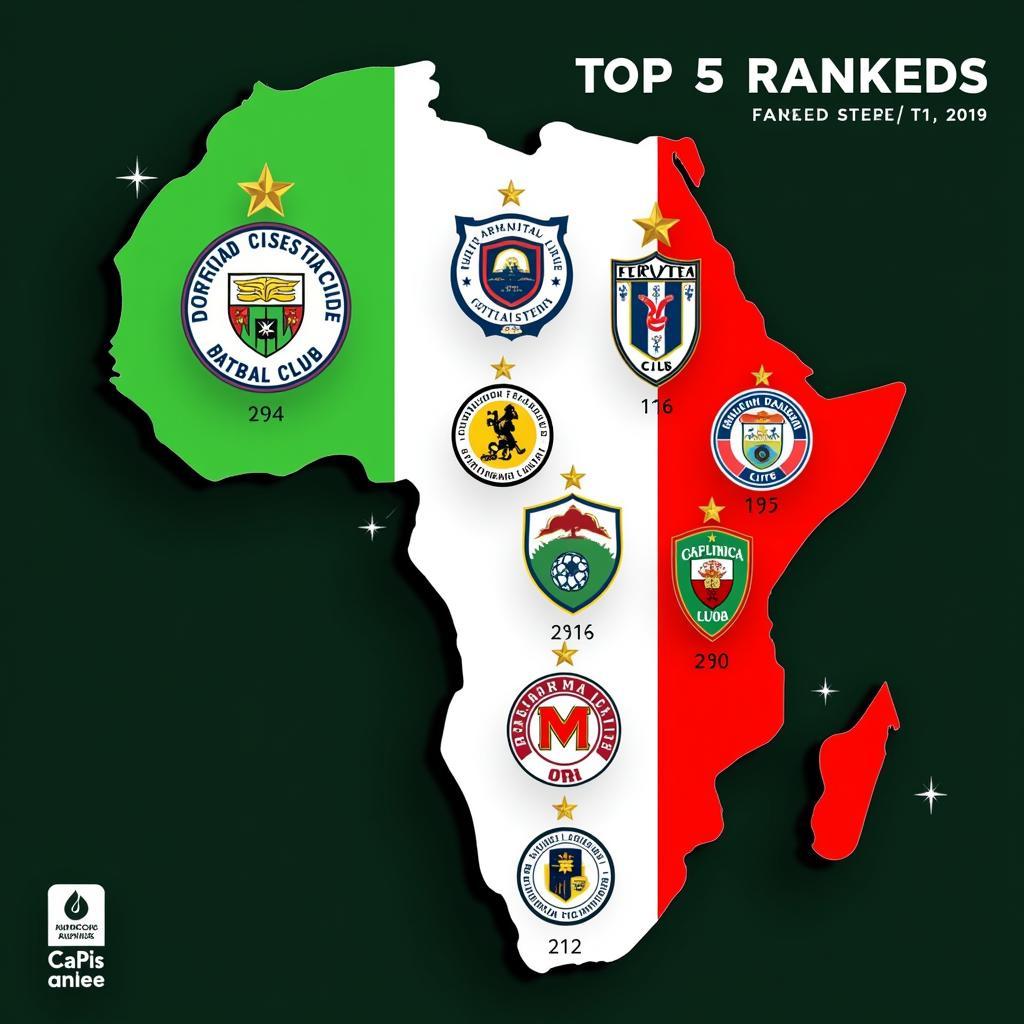African FMCG Companies: A Booming Market with Strong Potential
The African FMCG (Fast-Moving Consumer Goods) industry is experiencing rapid growth, making it an attractive market for both local and international companies. This booming sector encompasses a wide range of products, including food and beverages, personal care, household goods, and pharmaceuticals. In this article, we will delve into the dynamic landscape of African Fmcg Companies, exploring their key characteristics, challenges, and opportunities.
The Rise of African FMCG Companies
African FMCG companies are driven by a combination of factors, including:
- Growing Population: Africa has the fastest-growing population in the world, creating a strong demand for consumer goods.
- Rising Middle Class: The emergence of a burgeoning middle class with increased disposable income is fueling demand for FMCG products.
- Urbanization: As more people move to urban areas, there is a shift towards modern retail formats and a greater need for FMCG products.
- Technological Advancements: The increasing penetration of mobile phones and internet access is fostering online shopping and digital marketing, driving innovation in the FMCG sector.
Key Characteristics of African FMCG Companies
African FMCG companies exhibit several key characteristics:
- Focus on Local Needs: Many companies cater to the specific tastes, preferences, and affordability of local consumers.
- Strong Distribution Networks: Companies have developed robust distribution networks to reach consumers in remote areas.
- Agile and Adaptable: African FMCG companies are known for their agility and ability to adapt to changing market conditions.
- Emphasis on Brand Building: Companies invest in brand building and creating strong consumer connections.
Challenges Facing African FMCG Companies
Despite the significant growth potential, African FMCG companies face a number of challenges:
- Infrastructure Constraints: Limited infrastructure, especially in rural areas, can hinder efficient distribution and logistics.
- Competition: Companies face competition from both local and international players, making it challenging to gain market share.
- Regulatory Environment: Navigating complex regulatory frameworks and obtaining necessary permits can be time-consuming and costly.
- Access to Finance: African FMCG companies often struggle to access affordable and reliable financing for growth and expansion.
Opportunities for African FMCG Companies
Despite the challenges, there are significant opportunities for growth and innovation in the African FMCG sector:
- Expanding into New Markets: Companies can leverage their existing networks and expertise to expand into new markets within Africa.
- Developing Innovative Products: Companies can develop products tailored to the specific needs and preferences of African consumers.
- Embracing Digital Technologies: Companies can leverage digital platforms to improve efficiency, reach new customers, and enhance marketing efforts.
- Building Strong Partnerships: Collaboration with local stakeholders, including governments, NGOs, and other businesses, can create opportunities for growth and development.
“The FMCG sector in Africa is truly dynamic and exciting, with a vast potential for growth. By understanding the key characteristics, challenges, and opportunities, companies can position themselves for success in this booming market.” – Dr. Amina Hassan, a renowned African economist
FAQ
1. What are some of the most popular FMCG categories in Africa?
- Food and beverages, personal care, household goods, and pharmaceuticals are among the most popular FMCG categories in Africa.
2. What are some key trends shaping the African FMCG industry?
- Some key trends include the increasing demand for affordable and high-quality products, the growing popularity of online shopping, and the rise of mobile payments.
3. What are some examples of successful African FMCG companies?
- Some notable examples include Dangote Industries, MTN Group, Unilever Africa, and Coca-Cola Beverages Africa.
4. What are some tips for companies entering the African FMCG market?
- Companies should conduct thorough market research, develop strong distribution networks, build strong brands, and focus on meeting the specific needs of African consumers.
5. What are some of the challenges facing small and medium-sized African FMCG companies?
- Small and medium-sized companies may face challenges in accessing funding, building brand awareness, and competing with larger companies.
Conclusion
The African FMCG industry is a dynamic and exciting sector with tremendous potential for growth. Companies that understand the unique characteristics, challenges, and opportunities of this market can position themselves for success. By developing innovative products, leveraging digital technologies, and building strong partnerships, African FMCG companies can continue to thrive and play a significant role in the continent’s economic development.


